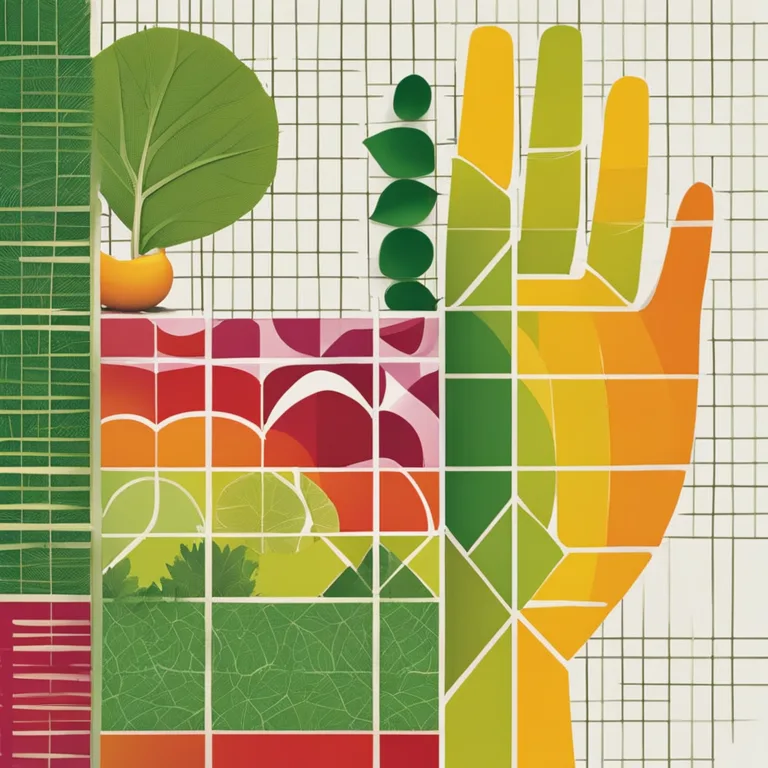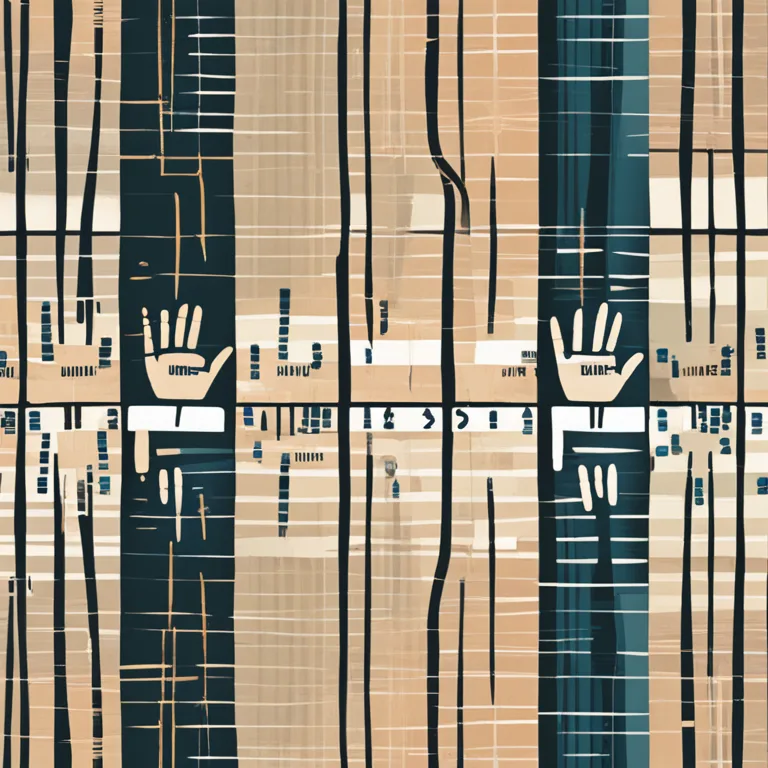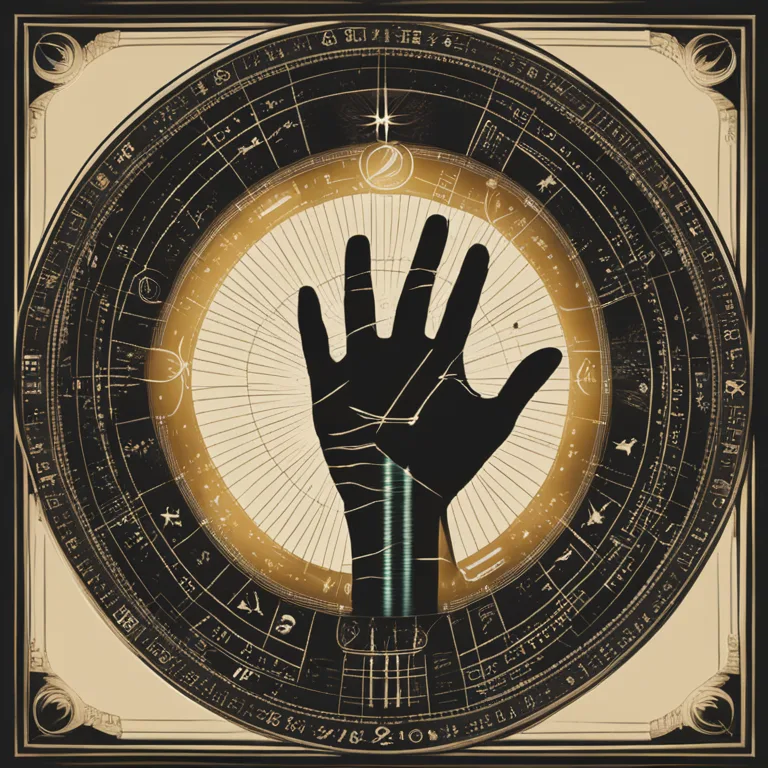
Why Palm Lines Transform Over Time
Discover why the dynamic lines etched on your palms shift throughout your life, reflecting a blend of genetics, lifestyle, and potential.
article by Nora Pennington
The Dynamic Nature of Palm Lines
Palmistry, the age-old art of reading one's fortune and characteristics through the lines on the palm, has always fascinated those looking for insights into their life's path. Traditional belief holds that each crease, each line, carries meaning—a whisper of traits, potential futures, and health. However, a question that often arises is why these lines, seemingly etched in skin, change over time. The answer lies in a complex interplay of factors, ranging from genetics to the very way we live our lives. It's a journey through the evolving narrative etched on the canvas of our hands.

Influence of Genetics
Palm lines form primarily during fetal development, influenced by genetic factors that are unique to each individual. As we grow and age, the genetic predisposition doesn't alter, but its expressions can manifest in changes to our palm lines. These changes are subtle and slow, but they serve as indicators of our intrinsic characteristics that sustain throughout our lives, occasionally shifting to reflect changes in our health, behavior, or even mindset.

Lifestyle and Environmental Factors
Contrary to the static interpretation often depicted in popular culture, the lines on our palms are responsive to our lifestyle choices and environmental pressures. Manual labor, the use of tools, or even persistent patterns of hand use can affect the skin on our palms, leading to the formation of additional lines or the deepening of existing ones. Exercise and health regimes that improve circulation and skin elasticity can also contribute to the changing landscape of our palms.

Reflecting Health and Well-being
Health experts note that changes in one's physiological well-being can affect the appearance of palm lines. For instance, dehydration can make the lines appear deeper, while skin conditions like eczema can cause temporary changes. In some cases, significant health events like surgery or illness might lead to notable shifts in the palmar lines, turning them into indicators that may offer clues about one's health journey.

Emotional States and Stress Levels
Our emotional states, stress levels, and overall psychological well-being can leave traces on our physical self, including the lines on our palm. Chronic stress, for instance, can change the way we hold or use our hands, potentially influencing the development of new lines or the alteration of old ones. Emotional upheaval might not redraw the lines overnight, but the impact over time can be seen.
The Role of Biorhythms
Biorhythms, or biological patterns that govern our physiological and psychological functions, might also influence the changes in palm lines. As our biorhythms fluctuate over time, the tensions and relaxations in the different areas of our bodies, including the hands, may subtly impact the formation and depth of lines on the palms, reflecting our cyclical nature.
A Symbolic Interaction
While many explanations for palm line changes are grounded in physical realities, palmistry also views these changes symbolically. The evolving lines are seen as a map reflecting personal growth, experiences, and changes in mindset or consciousness which can inform one’s perspective, actions, and consequently, the lines themselves. Thus, the changing lines are embraced as part of a person's narrative—never static, always developing.
Published: 1/3/2024
Modified: 1/3/2024
More predictions
Come back here soon to learn more about yourself and your future


Palmistry Clues to Predicting Parenthood
Delve into the palmistry lines associated with predicting childbirth and learn what your hands may reveal about future family life.


The Origins of Palmistry: An Ancient Practice
Delve into the fascinating beginnings of palmistry—the ancient art of hand reading for insights into character and destiny.


The Origins & Journey of Palmistry
Trace the fascinating history of palmistry, understanding its ancient roots and its evolution through cultures and time.